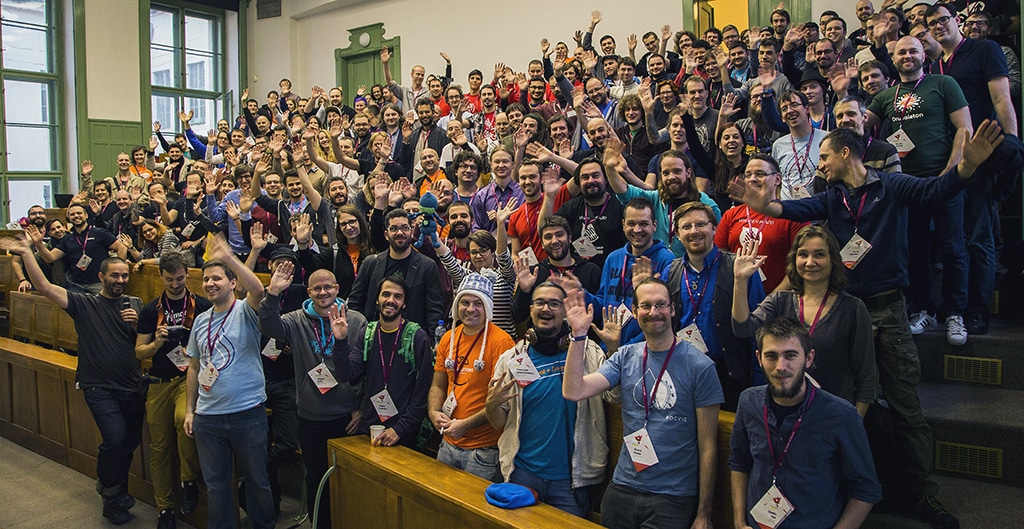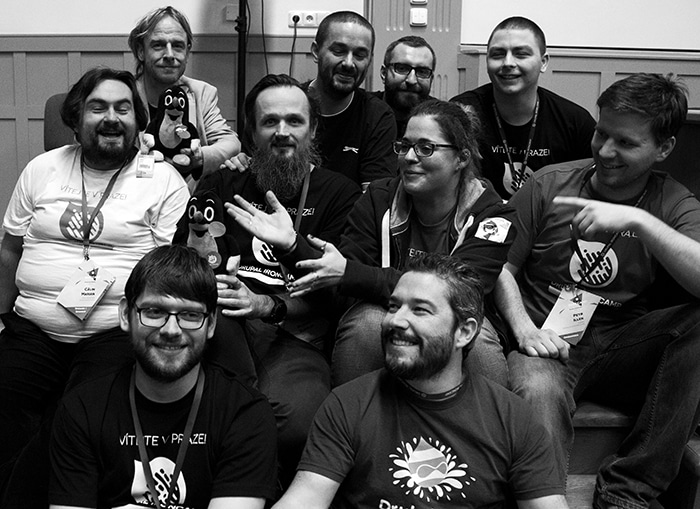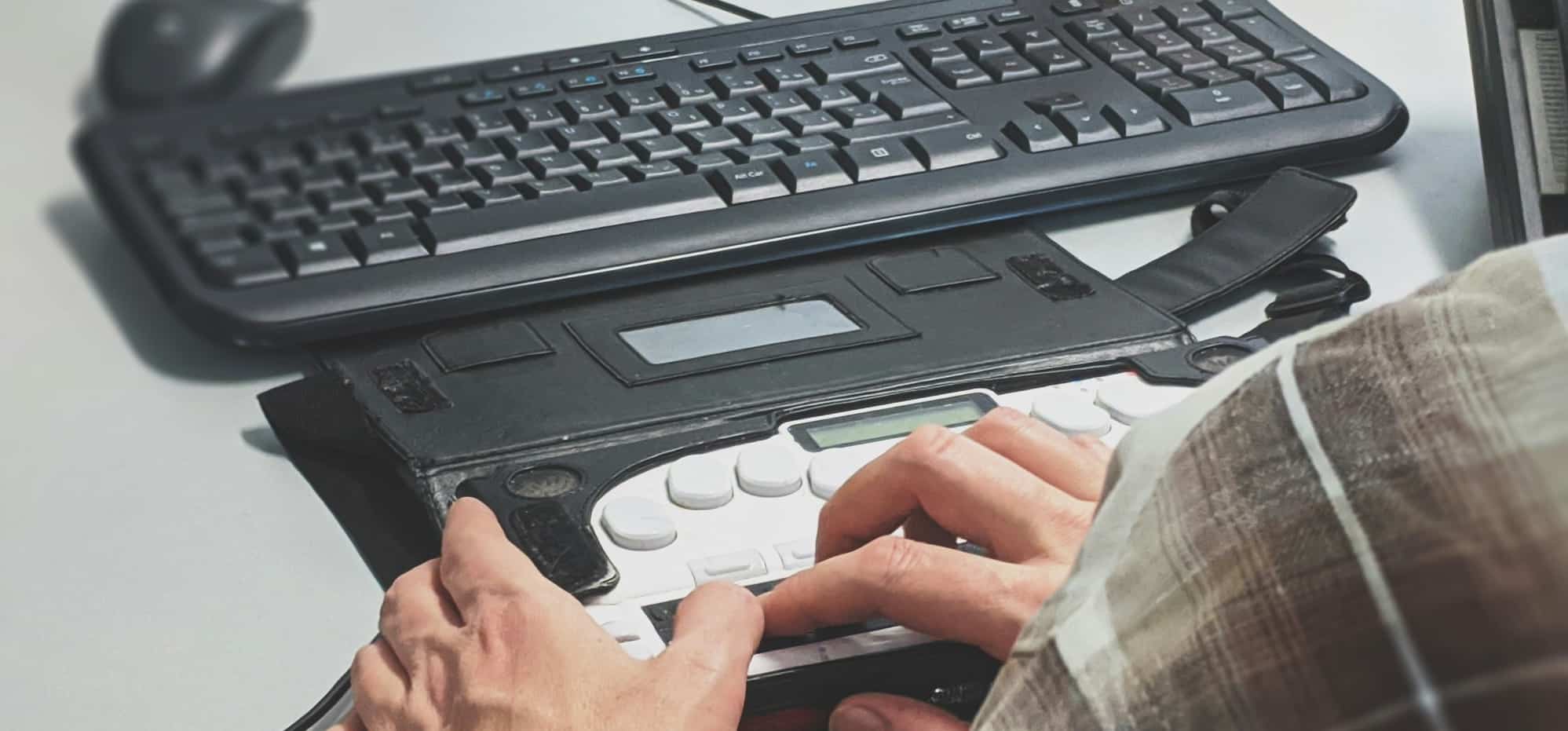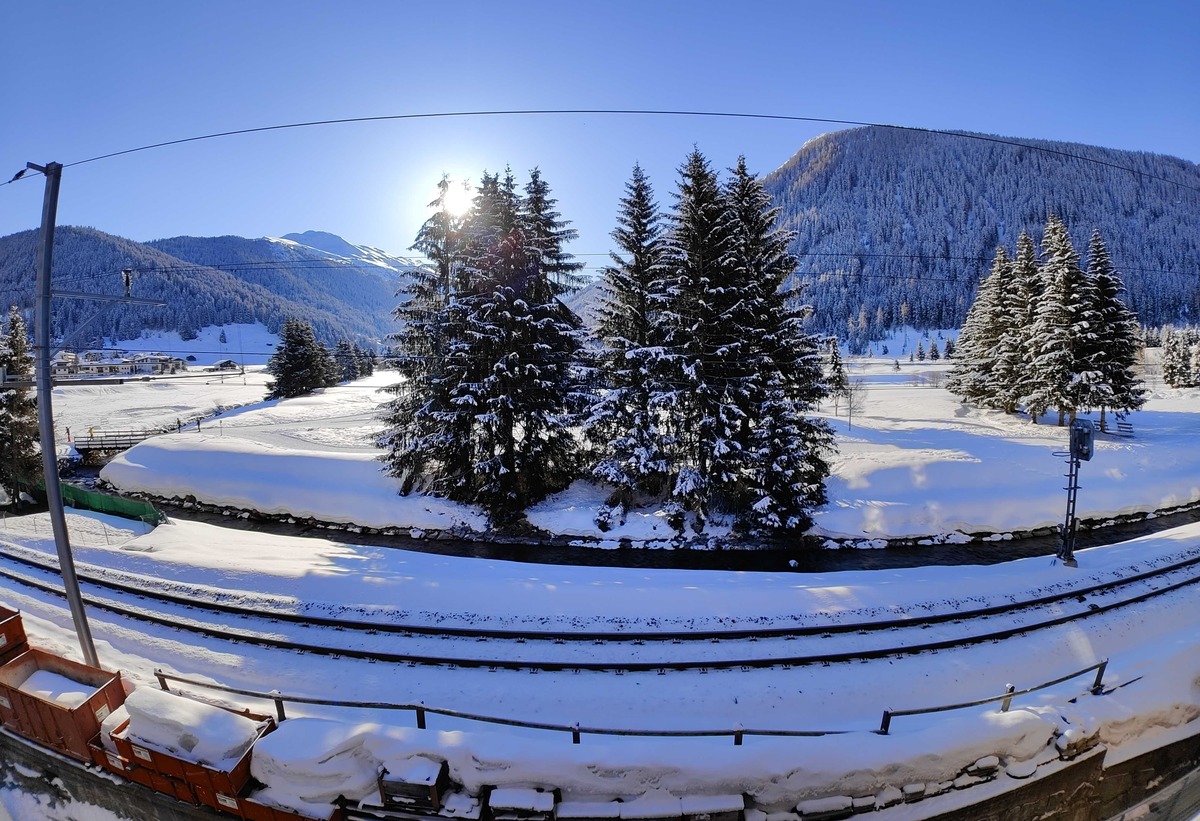
Drupal IronCamp – A peek behind the scenes
Have you ever wondered what it takes to organize a Drupal community event? How is it done, what happens behind the scenes? Now is your chance to find out! We hooked up with Zsófi Major and Petr Illek, two of the main organizers of last November’s Drupal IronCamp, to find out about the joys and challenges of event organizing. Some good tips coming up as well!
Where did the idea for the event come from?
Zsófi: At Drupalaton 2014 in Hungary, at one of the social nights, we started to talk about how nice it is that people from Eastern Europe come together to DrupalCamps, and how many great, great talents we have in the region. We also talked about how nice it would be to show this to the world, and to start building a community between different nations, not only in Eastern Europe. Then came the DrupalCon in Amsterdam where I pitched this idea at the Community Summit, and the rest is history. 🙂
Petr: In Amsterdam a group of people from various Central and Eastern European countries brainstormed about making DrupalCamps more accessible for people from that area. Local camps are usually too small or short, and with lower budgets to attract big speaker names. The name IronCamp was born very soon, as it was the common denominator for all these countries.
Zsófi: Yes, the name was a good one. IronCamp was the only suggestion that came up at the summit during the first talks, and even if we agreed to have it as a ‘working title’ for the moment, during the Con it turned out that people liked it. The countries that we wanted to involve in kicking off the event have something very important in common: we all have a history with the Iron Curtain. Even nowadays it is still a sensitive topic, but we realized that this is what we want to achieve with the camp: opening the invisible borders and see so many great friends together.
Can you tell a little bit about the planning process?
Petr: We started the work just after Amsterdam, with the aim of having the first event in Budapest, but sadly we had to cancel it a few months before. It was a valuable lesson though. We then had a few discussions at DrupalCon Barcelona and also at DrupalCamp Vienna and agreed to have another go, this time in Prague. The planning restarted right after Barcelona, but the main focus with weekly meetings was from January/February 2016.
Zsófi: Personally, I was pretty much involved in the things around the camp from moment zero. It wasn’t easy, but starting a brand new DrupalCamp can be very challenging, and we knew that.
How many people were involved in the organizing? How did the team work?
Zsófi: On our Slack channel we have around 40 people, but we knew that most of them didn’t want to be involved in the actual organizing part, and I think having 10 people in the core team is mostly enough. We learned a lot about how to delegate tasks and how to trust people with getting the things done. What I find hardest when it comes to event organizing is that the level of emotional involvement of people is not always obvious and of course cannot be the same all the time for everyone. This is why the team members need to figure out the optimal way to work together, as not everybody is interested in fixing bugs on the website or managing social media.
Petr: We had people from different countries in the main organizing team, with varying levels of involvement: Czech Republic, Serbia, Hungary, Slovakia, Romania, Poland, Macedonia, Spain, the Netherlands. We didn’t set the responsibilities very strongly, they just automatically fell in place (we will need to improve on that the next time).
What was fun or interesting about organizing this event?
Zsófi: For me, working together with this team was the best part. I think having an international team is great, because everyone has a different point of view, everyone is sensitive to different things, and it was interesting to see how it all comes together in our hands. I felt very sad when we had to cancel the first event back in 2015, and then seeing it happen by these wonderful people was an awesome feeling. And I can’t wait Belgrade in 2018!
Petr: I also enjoyed being part of an international team. And the fact that it was my first real organizing experience made it all interesting. I really liked the moment when the attendees started to buy tickets and I realized that all these people (220) came to Prague because of something I helped prepare. The names of our session rooms (Krteček, Švejk and Cimrman) were selected because they are among the most well known Czech fictional characters.

What did you find challenging?
Petr: It was a challenge to organize the event by communicating through hangout meetings, sometimes with bad connections.
Zsófi: Yes, it was pretty challenging. But for me, the biggest challenge was to coordinate and help coordinate this size of a team at the same time. We met several times during the year, but never intentionally. When there were DrupalCamps or Cons where most of the team was together, we sat down and talked about what’s next and how to achieve our goals. But when you have a team of 10 remote people, who have their own lives, family and work, and doing all this voluntarily, it’s a different thing. But I think we did a great job, and learned a lot in the process.
Was there anything that surprised you?
Petr: The support from the international community during preparation. It ensured us that we are doing a valuable thing. And then of course the mainly positive reactions of attendees during and after the event.
Zsófi: I agree with Petr. The support and the help we received in the past two years is incredible. We received a lot of financial support as well which of course was a huge practical help in bringing the event together, but for me the general feedback was everything. Everywhere I went, all the people I talked to, everybody was open and interested in what we were doing, and it gave us reassurance that what we do is a really great thing and good for the Drupal community as well.
From your perspective, how did the event go?
Petr: We had a scenario for the event days, so everybody knew where they needed to be and when. But obviously we forgot a few things, and there were some unexpected situations as well (e.g. you enter one of the session rooms and discover a teacher with some students on their usual class…). But after the hectic first few hours we settled down and sticked to the plan more or less successfully.
Zsófi: Organizing an event can never really be scripted. You can have a scenario, a list of things you are supposed to do at a given time, but of course when you are actually there at the venue, it turns out that things take more time, require more assistance, and anything can come up that you didn’t expect in advance. It’s a great way to gain a lot of experience that will make you an expert of handling those unexpected situations. Of course we all have THE ideal event in mind, and we aim to achieve that, but we also learn how to let dreams go, and how to bring the best out of what we have.
Do you have any good tips for other event organizers?
Zsófi: Learn how to delegate and trust people. Learn from your failures and try to understand how you can make it better next time. And keep observing yourself to make sure you don’t burn out. 🙂
Petr: Make a schedule early in the project and stick to it. Split responsibilities among the team and stick to them. If I’m responsible for session recordings for example, it doesn’t mean I need to handle everything related to that. Other team members can work on it too, even more than me. Responsibility just means overseeing and keeping track of the status, and being available for other team members’ questions. Also, choose a head decision maker. Democracy is nice, but there are situations where somebody just needs to make a final decision, due to time pressure for example.
What was great about the event? Why should people attend the next IronCamp in Belgrade in 2018?
Petr: It was and it will be the best Drupal event of the year! I think we have created a fun, open and accessible event for everyone, not only Drupalers, mainly from the region. There were sessions for beginners and masters alike, as well as job speed dating for connecting companies with open positions with developers looking for a job.
Zsófi: The professional part of the event is very important – we had great sessions and I’m very proud of our lineup of speakers. What I found very good at IronCamp was the people who attended. There were so many people from different countries, areas of expertise, knowledge, age, etc, and it was great to see that they were brought together in Prague by Drupal. I think our event was a great example of ‘come for the software, stay for the community’, and I know that this will be the same in Serbia too.
What’s your motivation for organizing Drupal community events? Why are you doing this?
Petr: This is my way to contribute to the Drupal project on the international level, as I cannot give back directly by coding a module or patch, and my presence on the local drupal.cz forum is – well, just local. The other thing is, it’s very refreshing to step away from 8+ hours a day of Drupal and do something else (for another 8+ hours!): communicating with people, taking responsibility for certain parts of the event, doing design and DTP for the camp etc.
Zsófi: The Drupal community really is great. When people ask me why I do this, working for months to bring a few dozens of people together for a few days, I always say that because I love seeing these people together. We all have our own lives and stuff, and even if we stay in touch between events, those few days when we can talk and laugh together, hug each other or just sit next to each other at the sessions or in the sprint room, these really give all of us some kind of a power boost. And I find this incredible.
Druid was one of the gold sponsors of the event.


